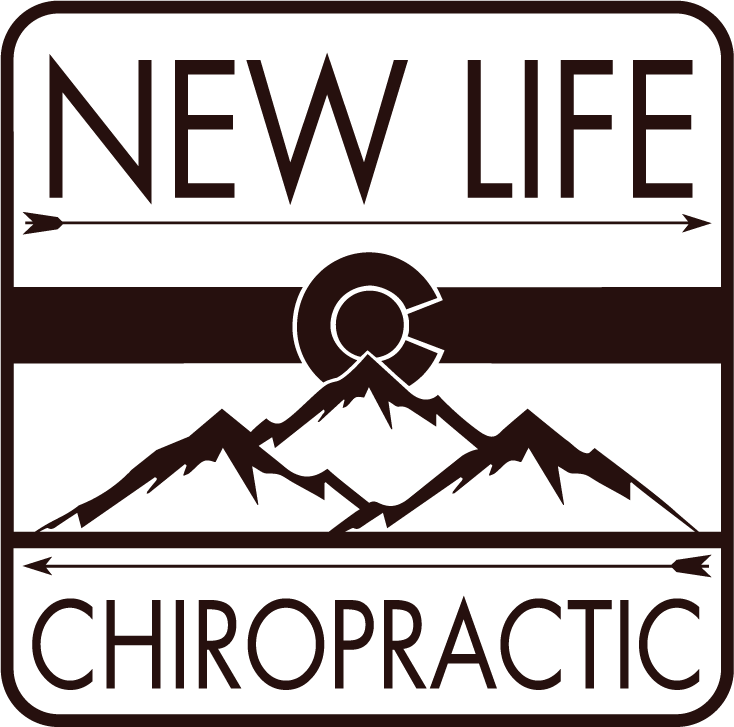Tension headaches create a distinctive band of pressure around your head, often feeling like someone placed a tight elastic band from your forehead to the back of your skull. As the most common type of headache, they affect millions of people daily, causing dull, aching pain that can last anywhere from 30 minutes to several days.
Unlike migraines, tension headaches typically affect both sides of your head and don’t cause nausea or sensitivity to light and sound. The pain from tension headaches stems from contracted muscles in your head, neck, and shoulders. When these muscles remain tight for extended periods, they restrict blood flow and irritate surrounding nerves, creating that familiar pressing sensation.
While over-the-counter pain relievers might provide temporary relief, surprisingly, chiropractic care can help too. In this article, we take a closer look.
What Are Tension Headaches?
Tension headaches are categorized into two main types: episodic and chronic.
Episodic tension headaches occur less than 15 days per month and often relate to specific stressful events or physical strain.
Chronic tension headaches, on the other hand, persist for 15 or more days monthly for at least three months, significantly impacting quality of life.
Common Triggers and Causes
Tension headaches often develop due to a combination of physical and emotional stressors. Key contributors include:
- Poor posture—especially from long hours sitting at a desk or looking down at a phone, which strains the upper neck and skull muscles.
- Emotional stress—triggers muscle tension, particularly in the neck, shoulders, and scalp, as part of the body’s protective response.
- Dehydration—even mild dehydration can lead to headaches.
- Irregular sleep patterns—inconsistent or poor-quality sleep increases headache risk.
- Eye strain—from extended screen time or reading without breaks.
- Jaw clenching or teeth grinding—often occurring during sleep, this tightens the surrounding muscles and adds to tension.
Recognizing the Symptoms
Tension headaches tend to have distinct features that distinguish them from other headache types. Common symptoms include:
- A steady, dull pressure on both sides of the head (not throbbing).
- Tightness or stiffness in the neck and shoulders.
- Tenderness in the scalp, neck, or shoulder muscles.
- Mild to moderate intensity that may not stop you from daily activities but can be draining over time.
- Difficulty concentrating or irritability, especially if the headache persists.
- Sleep disturbances, often due to ongoing discomfort.
How Chiropractic Care Addresses Tension Headaches
Chiropractic care takes a root-cause approach to tension headaches by addressing spinal misalignments and reducing the muscle tension that often triggers pain. Rather than just masking symptoms, chiropractic adjustments help restore proper alignment in the upper cervical spine—where poor posture, stress, or past injuries often cause irritation to nerves that travel to the head and face.
When vertebrae in the neck lose normal motion or positioning, surrounding muscles are forced to overwork to support the head, leading to fatigue, tightness, and eventually headaches. Gentle chiropractic adjustments target these areas to relieve pressure, improve joint movement, and relax tense muscles.
Your local Montrose chiropractor will begin with a thorough assessment of your posture, mobility, and muscle tension to create a personalized treatment plan. Adjustments are, then, typically focused on the neck and the base of the skull, where most tension headaches originate.
At New Life Chiropractic, our team is here to help. If you’re experiencing headaches, contact us today to discover how we can guide you toward a healthier and happier life.



